The consumption of cow's milk during pregnancy is not prohibited because it is rich in calcium, vitamin D, zinc, proteins, which are very important nutrients and which bring several benefits for the baby and the mother. However, milk must be pasteurized, as this ensures that all bacteria that can cause some diseases have been eliminated.
To obtain all the benefits, it is recommended that the pregnant woman take, on average, 750ml of cow's milk per day. Milk can also be consumed in the form of other foods such as cheese or Greek yogurt. After delivery, if the mother breastfeeds, it is recommended to increase the milk intake to 1 liter per day. In the case of lactose intolerance, the pregnant woman can choose aged and cured cheeses, as well as almond milk, to replace cow's milk.
In addition to increasing milk intake, there are other dietary precautions that help ensure all the necessary nutrients for a healthy pregnancy and healthy baby development, are assured and the risk of possible complications in pregnancy and for the baby is reduced. Understand what nutrition should be like in pregnancy.

Benefits of milk in pregnancy:
1. Placenta formation
Milk has proteins that are essential for the formation of the placenta and for the development and growth of the baby, because, mainly, in the second and third trimester of pregnancy, the need to ingest protein is increased.
Proteins are also present in foods such as cheese, yogurt, beans, peas, meat, fish or eggs. Know the main protein-rich foods.
2. Development of baby's bones and teeth
One of the main nutrients in milk is calcium, which is very important for the development of the baby's bones and teeth, but which also helps in reducing mother's tooth problems.
The amount of calcium that should be consumed daily during pregnancy varies according to the woman's age, being 1300 mg / day, for a woman between 14 and 18 years old, and 1000 mg / day, for a woman between 19 and 50 years old.
In addition to milk, it is possible to find calcium in dairy products, such as yogurt or cheese, in cooked kale, tofu or whole rye bread. It is important to opt for a dairy product with a lower percentage of fat, as they have a higher concentration of calcium. See which foods are rich in calcium.

3. Functioning of the immune system
Milk has zinc which helps the immune system to function properly and the baby's neurological development.
A low amount of zinc can cause malformations in the baby, underweight, or in severe cases, premature death.
Zinc can also be found in dairy products like cheese or yogurt, in beef, in cereals or in oilseeds like almonds, peanuts or walnuts. Find out which foods are rich in zinc.
4. Cognitive development of the baby
Milk is a food that must be consumed during pregnancy because it has iodine, which is important for the development and growth of the baby's brain and nervous system and its deficiency can cause cognitive malformations.
On the other hand, as milk has iodine, it is recommended during pregnancy and breastfeeding because it helps with the woman's metabolism and helps in the elimination of urine.
Iodine can also be found in dairy products such as cheese or yoghurt, in fish, especially from the sea, in legumes or vegetables, and in sea water, where sea bathing is recommended. Meet 28 iodine-rich foods.
5. Maintain intestinal health
Drinking milk during pregnancy also helps maintain intestinal health because milk has probiotics, which are good bacteria that are found mainly in fermented milk and yogurt.
The consumption of probiotics during pregnancy has an influence, for example, on the baby's intestine because the good bacteria pass to the fetus, during delivery or during breastfeeding.
In addition, probiotics help with weight recovery after childbirth and, in the prevention of obesity, type 2 diabetes or depression.
See how to lose weight in the postpartum by watching the following video:

Is drinking coffee with milk bad for you?
Drinking coffee with milk during pregnancy does not hurt, as long as it is in moderate amounts, because the caffeine present in coffee, when overdone, can increase the risk of prematurity and even spontaneous aboard. Therefore, any other food that contains caffeine should also be eaten in small amounts. Even after the baby is born, while breastfeeding, caffeine should be avoided to ensure that the baby is not agitated.
The amount of caffeine that can be taken per day is approximately 200 to 300 mg, with one cup of instant coffee having about 60-70 mg of caffeine, one cup of espresso having about 100-150 mg of caffeine and 200 ml of tea has, on average, 47 mg of caffeine.

Alternatives to milk consumption
If the woman does not like to drink milk, she can consume other dairy foods such as butter, pasteurized cheese or yoghurts, or foods that contain the same nutrients as milk, such as nuts, cereals, dark vegetables, fish, meat or eggs .
Other dietary precautions during pregnancy
Just as there are precautions in the consumption of milk during pregnancy, there are also other important precautions in the diet of the pregnant woman, since some foods should be preferred due to their benefits, such as foods rich in iron, proteins or calcium, while others should be avoided. because they can cause complications for the pregnancy and the baby.
All foods that are eaten raw, must be well washed and, the remaining foods must be well cooked and, foods such as milk and unpasteurized cheeses, raw or undercooked seafood, raw fish, raw or undercooked eggs , should be avoided because they can cause infections in the baby. Meet 10 foods that pregnant women should not eat.
Was this information helpful?
Yes No
Your opinion is important! Write here how we can improve our text:
Any questions? Click here to be answered.
Email in which you want to receive a reply:
Check the confirmation email we sent you.
Your name:
Reason for visit:
--- Choose your reason --- DiseaseLive betterHelp another personGain knowledge
Are you a health professional?
NoMedicalPharmaceuticalsNurseNutritionistBiomedicalPhysiotherapistBeauticianOther
Bibliography
- USF CELASAÚDE. Food and Nutrition in Pregnancy. 2017. Available at:. Accessed on 07 Jan 2021
- MAIA, Camila. Fish consumption during pregnancy. Monograph made in the context of the Integrated Master's Course Internship unit, 2016. University of Coimbra.
- NASCER - SÃO JOÃO. Pregnancy Feeding. Available in: . Accessed on 07 Jan 2021
- BARBOSA, Mariana; CARVALHO, Teresa. Questions about coffee. 2016. Available at:.
- NATIONAL PROGRAM FOR THE PROMOTION OF HEALTHY FOOD. Iodine - Importance for health and the role of food. 2014. Available at:. Accessed on 07 Jan 2021
- FARIA, Carmo et al .. Eating with knowledge in pregnancy and food. 2006. Available at:.
- MATIAS, Filipa; JERI, Alice; RODRIGUES, Sofia. Caffeine consumption: what to advise on prejudice and pregnancy?. Rev Port Med General Fam. 33. 56-62, 2017
- REAL, Helena; BARBOSA, Mariana; CARVALHO, Teresa. Getting to know milk. 2016. Available at:.
- NATIONAL PROGRAM FOR THE PROMOTION OF HEALTHY FOOD. Food and Nutrition in Pregnancy. 2014. Available at:. Accessed on 07 Jan 2021

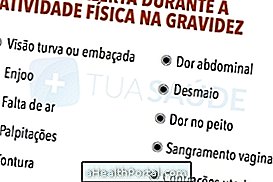







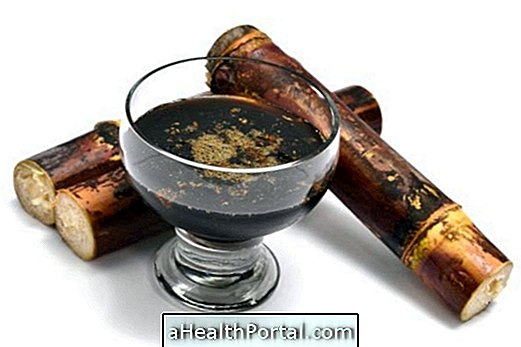
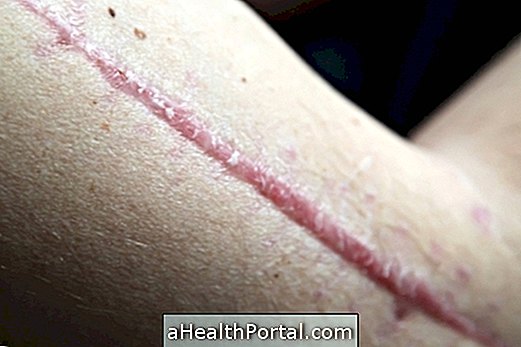
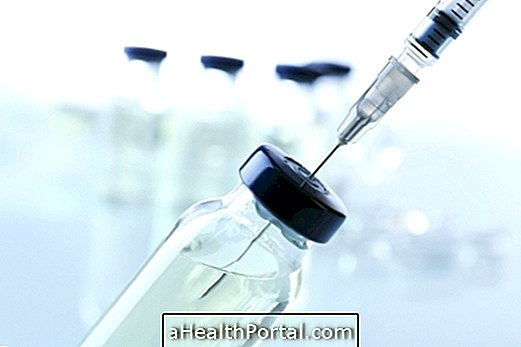




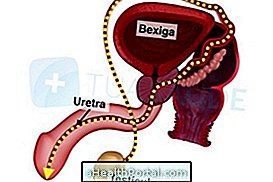



-para-que-serve-e-como--feito.jpg)